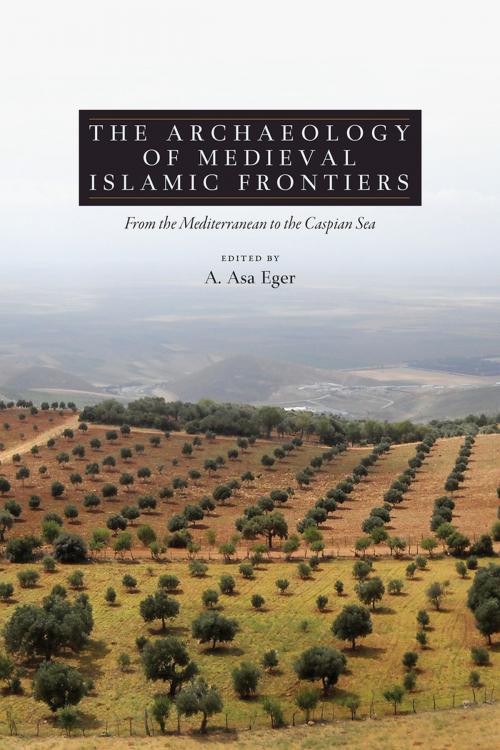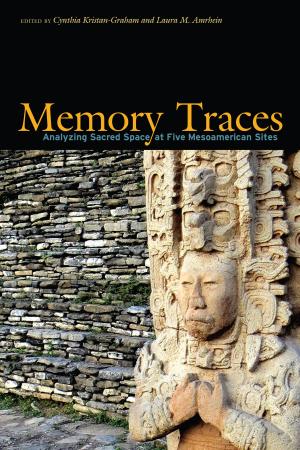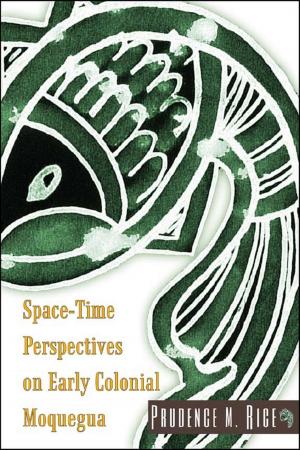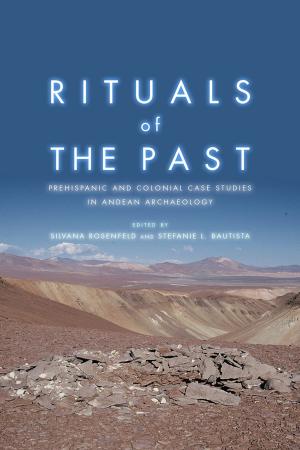The Archaeology of Medieval Islamic Frontiers
From the Mediterranean to the Caspian Sea
Nonfiction, Social & Cultural Studies, Social Science, Archaeology| Author: | ISBN: | 9781607328773 | |
| Publisher: | University Press of Colorado | Publication: | May 15, 2019 |
| Imprint: | University Press of Colorado | Language: | English |
| Author: | |
| ISBN: | 9781607328773 |
| Publisher: | University Press of Colorado |
| Publication: | May 15, 2019 |
| Imprint: | University Press of Colorado |
| Language: | English |
The Archaeology of Medieval Islamic Frontiers demonstrates that different areas of the Islamic polity previously understood as “minor frontiers” were, in fact, of substantial importance to state formation. Contributors explore different conceptualizations of “border,” the importance of which previously went unrecognized, examining frontiers in regions including the Magreb, the Mediterranean, Egypt, Nubia, and the Caucasus through a combination of archaeological and documentary evidence.
Chapters highlight the significance of these respective regions to the emergence of new sociopolitical, cultural, and economic practices within the Islamic world. These studies successfully overcome the dichotomy of civilization’s center and peripheries in academic discourse by presenting the actual dynamics of identity formation and the definition, both spatial and cultural, of boundaries. The Archaeology of Medieval Islamic Frontiers is a rare combination of a new reading of written evidence with results from archaeological studies that will modify established opinions on the character of the Islamic frontiers and stimulate similar studies for other regions. The book will be relevant to medieval Islamic studies as well as to research in the medieval world in general.
Contributors:
Karim Alizadeh, Jana Eger, Kathryn J. Franklin, Renata Holod, Tarek Kahlaoui, Anthony J. Lauricella, Ian Randall, Giovanni R. Ruffini, Tasha Vorderstrasse
The Archaeology of Medieval Islamic Frontiers demonstrates that different areas of the Islamic polity previously understood as “minor frontiers” were, in fact, of substantial importance to state formation. Contributors explore different conceptualizations of “border,” the importance of which previously went unrecognized, examining frontiers in regions including the Magreb, the Mediterranean, Egypt, Nubia, and the Caucasus through a combination of archaeological and documentary evidence.
Chapters highlight the significance of these respective regions to the emergence of new sociopolitical, cultural, and economic practices within the Islamic world. These studies successfully overcome the dichotomy of civilization’s center and peripheries in academic discourse by presenting the actual dynamics of identity formation and the definition, both spatial and cultural, of boundaries. The Archaeology of Medieval Islamic Frontiers is a rare combination of a new reading of written evidence with results from archaeological studies that will modify established opinions on the character of the Islamic frontiers and stimulate similar studies for other regions. The book will be relevant to medieval Islamic studies as well as to research in the medieval world in general.
Contributors:
Karim Alizadeh, Jana Eger, Kathryn J. Franklin, Renata Holod, Tarek Kahlaoui, Anthony J. Lauricella, Ian Randall, Giovanni R. Ruffini, Tasha Vorderstrasse















